Feeding your cat dog food might seem harmless, especially in emergencies, but it’s a practice you should avoid. Cats have specific nutritional requirements that are vastly different from dogs. Dog food lacks the essential nutrients like taurine, arachidonic acid, and adequate levels of protein that cats need. Long-term feeding of dog food can result in severe malnutrition and health problems for your feline friend.
Never Give Your Cat Alcohol
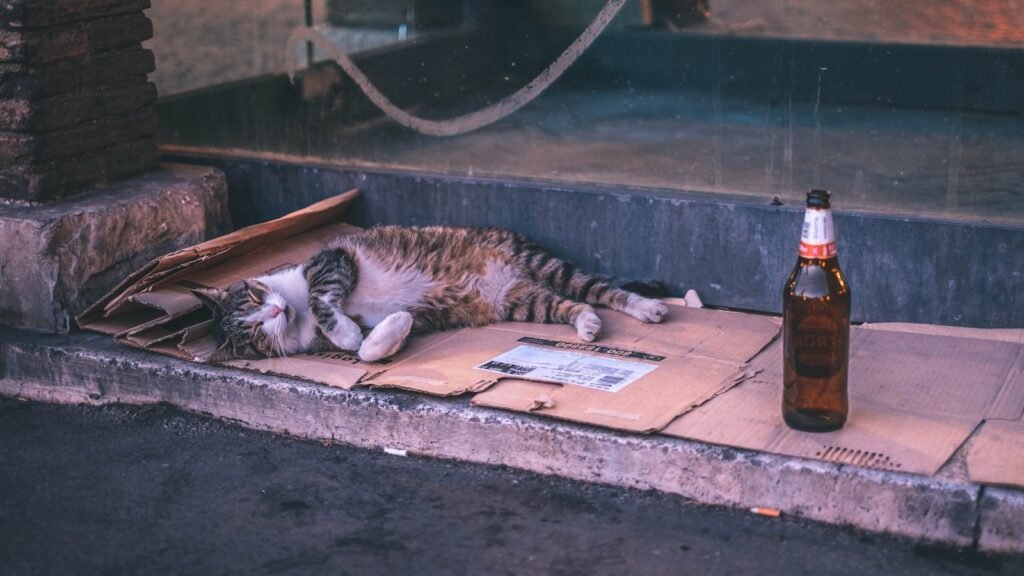
Alcohol is toxic to cats and can cause serious health issues. Even small amounts can lead to ethanol poisoning, with symptoms such as vomiting, disorientation, difficulty breathing, and even coma. Always ensure alcoholic beverages are out of your cat’s reach and avoid giving them foods prepared with alcohol.
Do Not Feed Your Cat Chocolate

Chocolate contains theobromine and caffeine, both of which are harmful to cats. These compounds can lead to a range of health problems, including heart issues, muscle tremors, and seizures. Dark chocolate and unsweetened baking chocolate contain higher concentrations of these toxic substances, making them even more dangerous to cats.
Avoid Onions and Garlic
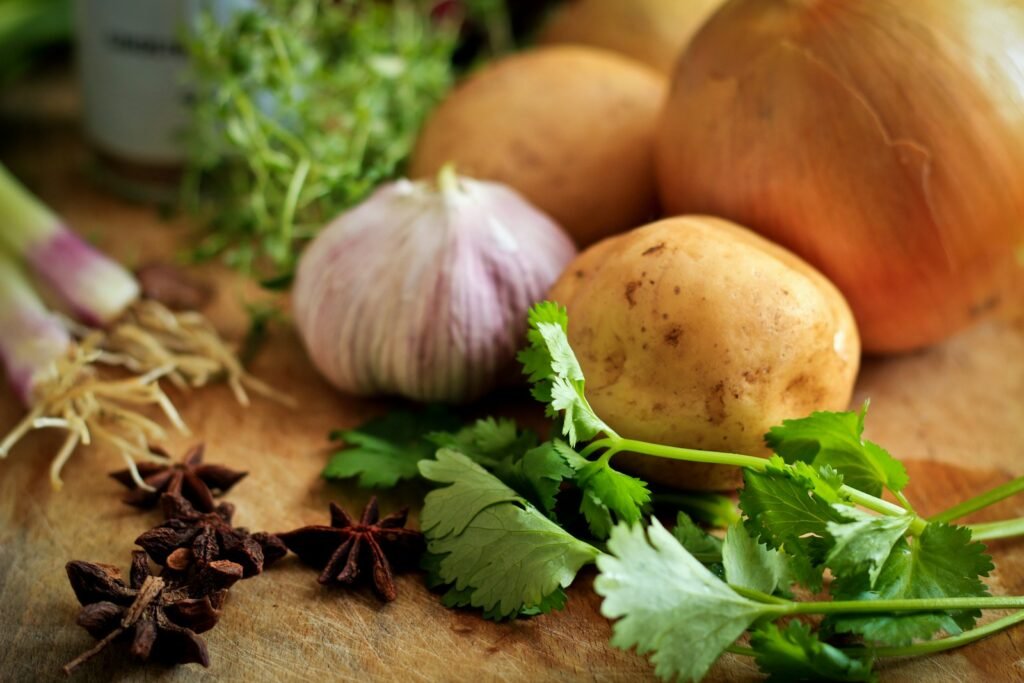
Onions and garlic, in all forms, can destroy a cat’s red blood cells, leading to anemia. Cats are more sensitive to the compounds these foods contain than humans, so even small quantities can have serious health effects. Be cautious of prepared foods that may contain these ingredients.
Never Provide Your Cat with Raw Eggs
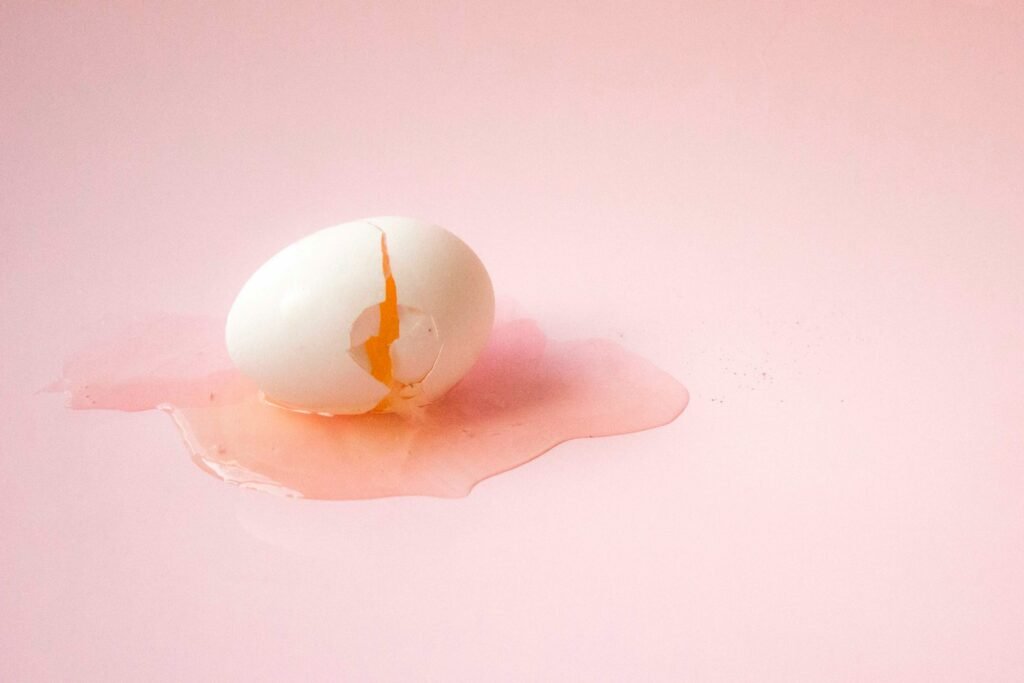
Raw eggs pose a risk of salmonella and E. coli infections, which can adversely affect both you and your cat. Furthermore, raw eggs contain avidin, a protein that can interfere with the absorption of biotin, a B-vitamin essential for your cat’s skin and coat health.
Don’t Give Your Cat Too Much Tuna
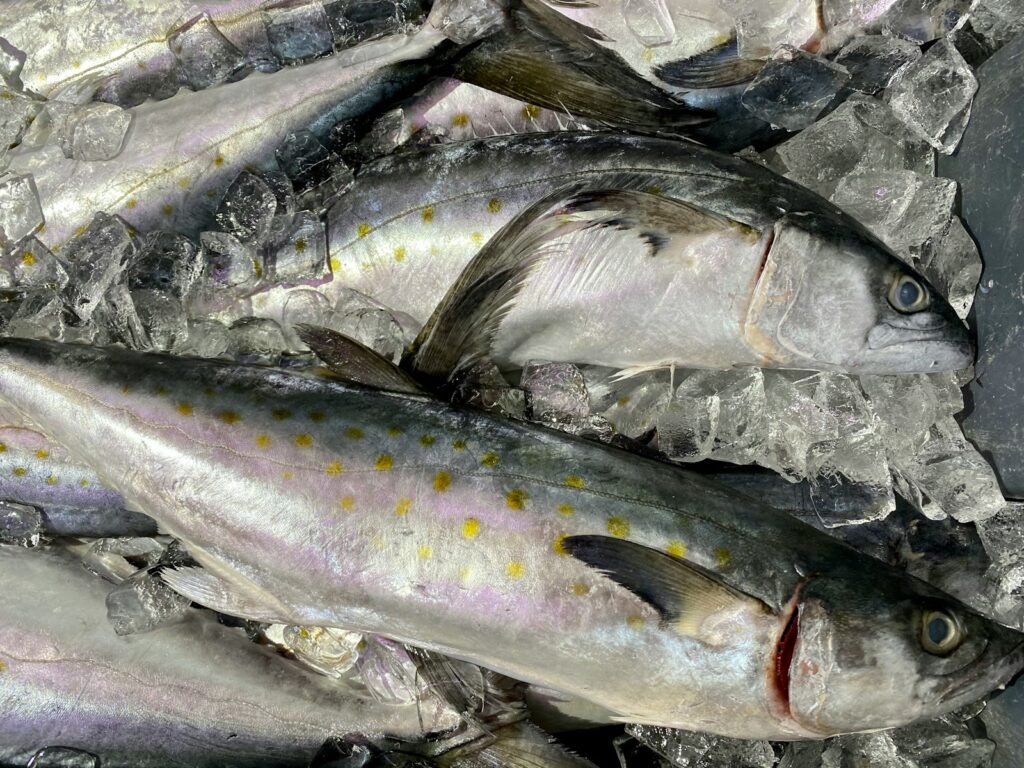
While many cats enjoy tuna, feeding it too often can lead to malnutrition because it lacks essential nutrients that cats need. Tuna is also high in mercury, which can accumulate in a cat’s system, leading to mercury poisoning. Reserve tuna as an occasional treat rather than a dietary staple.
Avoid Feeding Your Cat Bones
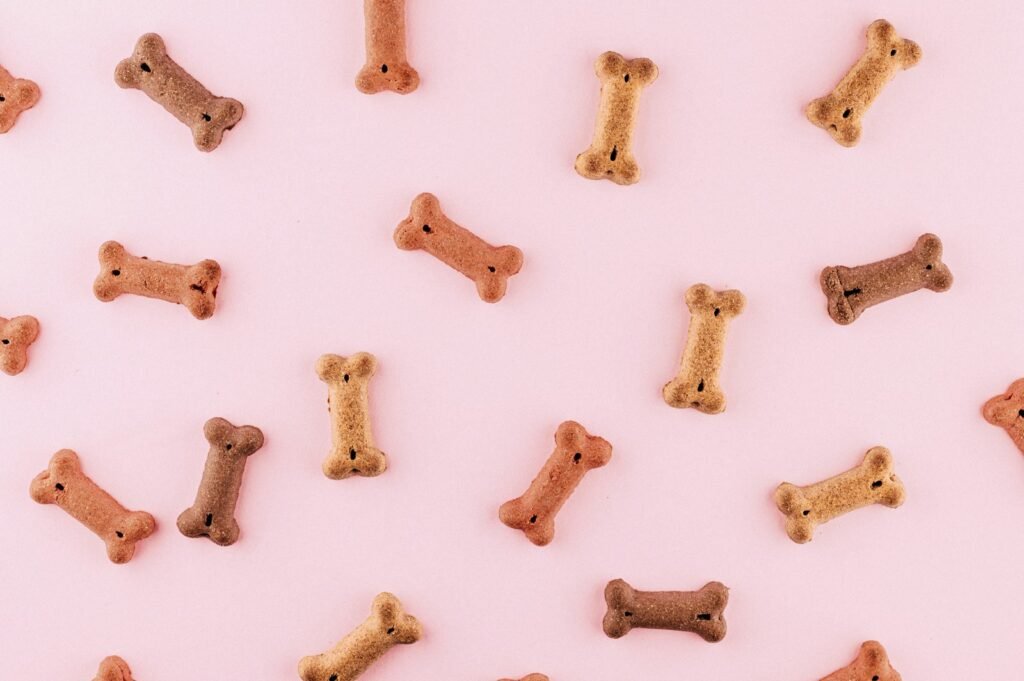
While cats in the wild might gnaw on bones, domesticated cats should steer clear of them. Bones can splinter and cause choking or serious damage to your cat’s digestive system. Stick to cat-appropriate treats and commercial foods designed to cater to your cat’s chewing needs.
Don’t Let Your Cat Consume Too Much Fat
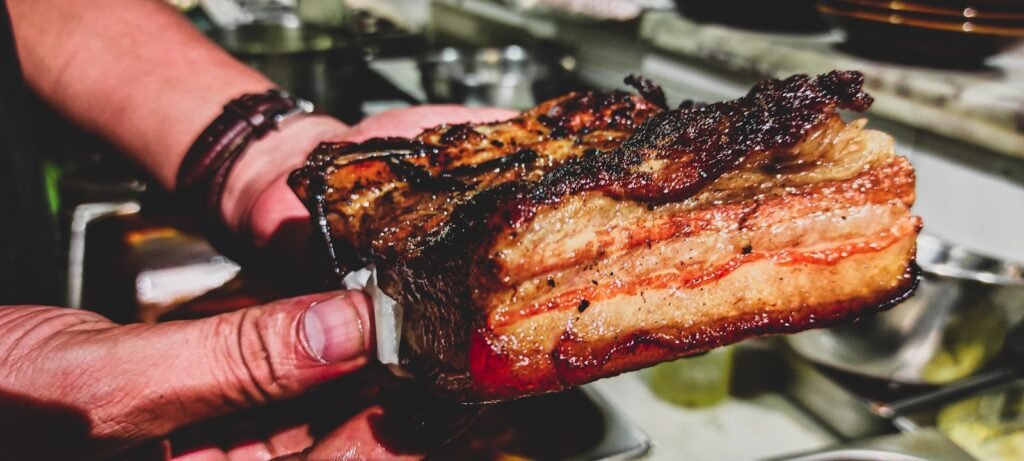
Excessive fat intake can cause pancreatitis in cats, a painful and potentially deadly illness. Trim off excess fat from meat, don’t leave high-fat human foods within your cat’s reach, and ensure their diet is balanced according to veterinary advice. Moderation is crucial in maintaining your cat’s health.
Never Use Milk as a Water Substitute
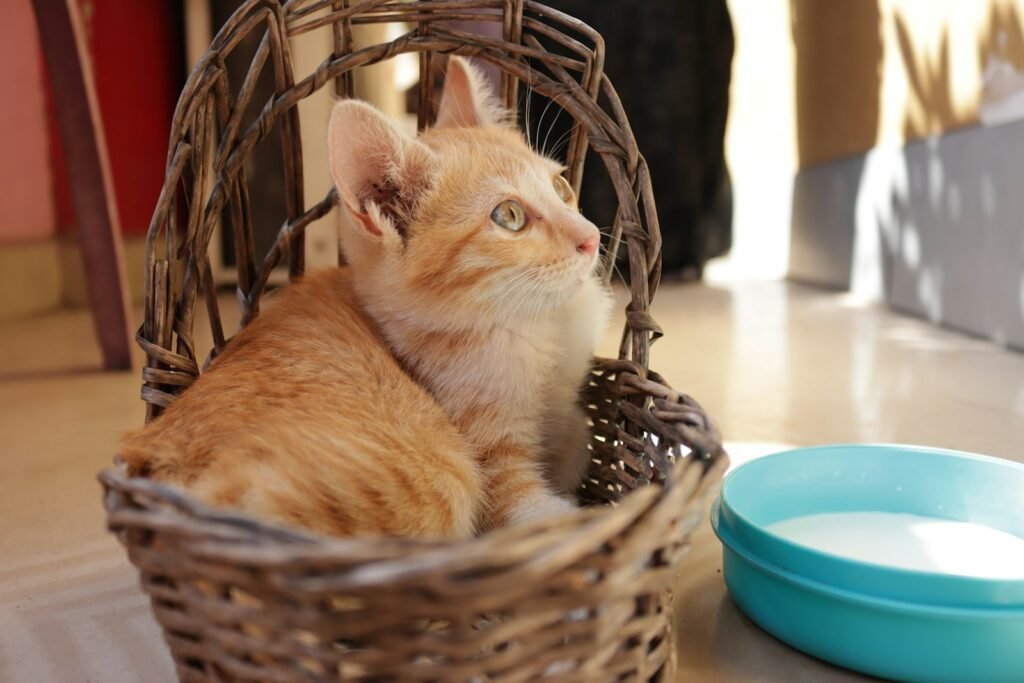
Contrary to popular belief, milk is not a healthy substitute for water. Many adult cats are lactose intolerant, and consuming milk could lead to digestive upset, including diarrhea. Fresh water should always be readily available to your cat, and milk should be given only as a rare treat if tolerated.
Don’t Let Feeding Times Vary Widely
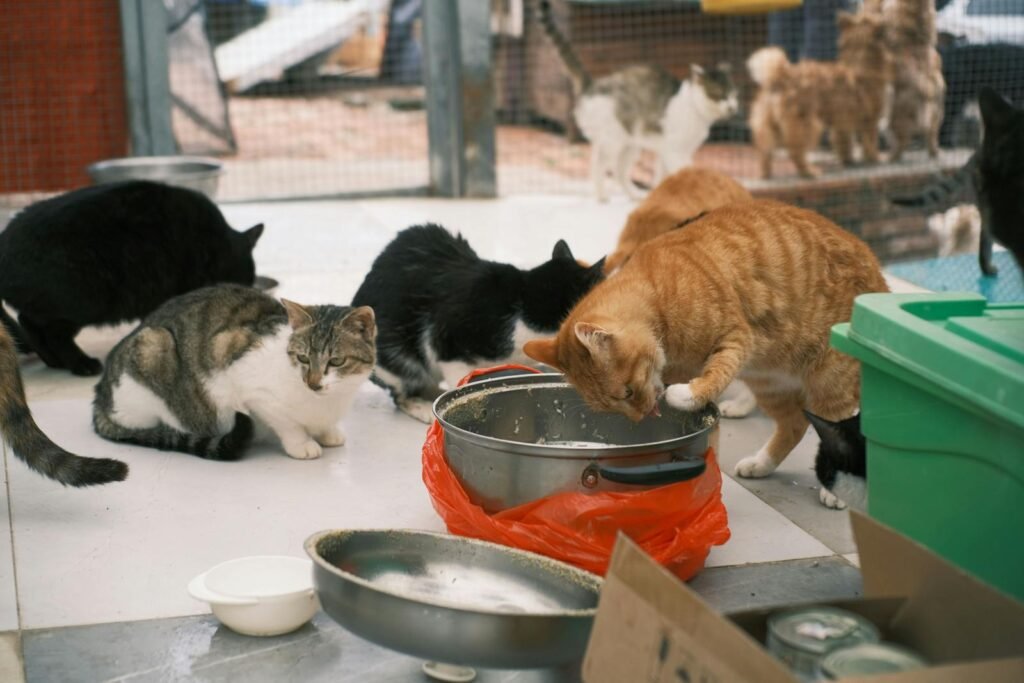
Cats are creatures of habit and thrive on routine. Inconsistent feeding times can lead to stress and behavioral issues. Try to feed your cat at the same times each day to maintain a schedule. This helps with digestive health and prevents overeating or begging behaviors.

Growing up traveling and experiencing new cultures and wonders, I have had a passion for nature, adventuring, photography, and videography. I am currently working towards a BSc in Biodiversity and Ecology at Stellenbosch University, and I hope to specialise in Marine Sciences one day.
Please send any feedback to Feedback@animalsaroundtheglobe.com





